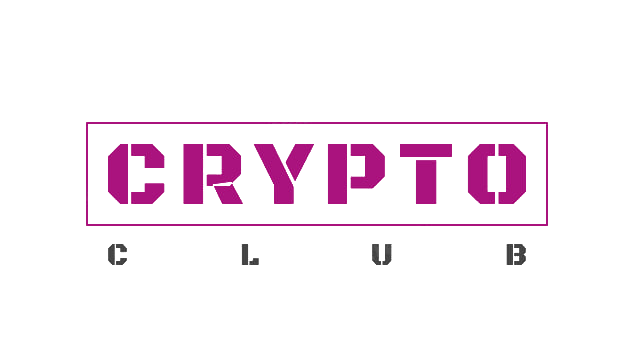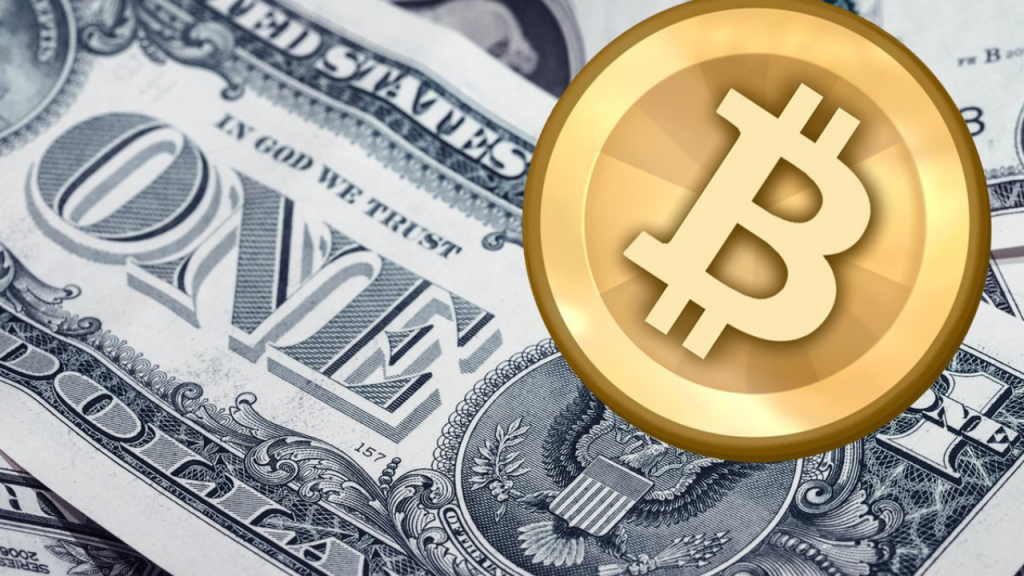Nearly a decade after failed experiments with fiscal and monetary policy, and with confidence in institutions plummeting to an all-time low, the reasons to hold bitcoin have never been stronger. However, many people behave neutrally and do not answer the question. They rely on the current state of affairs rather than questioning the narrative that leaves us all with little interest in the future today.
inflation has historically been the cause of the collapse of economic empires, so bitcoin offers a way out
Many consider the recent financial crisis of 2008-2009 to be the tipping point at which moral hazard peaked.
For those not familiar with the term : Moral hazard is the idea that when an actor knows that he will be protected from the risks he takes, he will take excessive risks in the full knowledge that failure will not have significant consequences.
Instead of punishing the instigators and perpetrators of the recent crisis, taxpayers have propped up and bailed out organizations and governments that were too big to fail. Unfortunately, the redrawing of the boundaries of moral hazard has not reduced risk, but rather increased it.
Since then, interest rates around the world have fallen to near 0% or less, leading to the ideology that printing money can solve all problems. Now that the world’s debt has reached new heights, the printing press is running on all cylinders and inflation is starting to run rampant, one has to wonder why the faithful and uninformed are sticking with it instead of embracing bitcoin.
Inflation neutral
Not accepting Bitcoin or taking a stand on it is basically a vote of confidence in the current system. With an inflationary architecture and no plan to replace it, the value of money is falling by the day.
Printing more money only accelerates this reality, and zero interest rates punishes savings like never before. Leaving money in the bank would also be a signal to the world that the trust in their ancient artifacts has been earned.
Taking away people’s futures to support failed policies in the present is a losing strategy in the long run, and history teaches us that. At some point the bill will be paid, and the current debt super cycle will not continue indefinitely. There are countless current and past examples of the same events that show how quickly a country can turn from a prosperous nation into a dysfunctional state.
A look at the Weimar Republic or modern Venezuela shows that the failure of government and monetary policy ultimately leads to hyperinflation. Massive currency devaluation, coupled with high debt, is an almost insurmountable challenge that ultimately leads to the failure of government and institutions, laying the perfect foundation for autocracy and tyranny to thrive.
Fiat Narrative Challenge
Bitcoin has already proven that there is a reasonable alternative to the current, collapsing status quo. Over the past decade, decentralization has been the most effective tool in the world by a factor of at least ten, and belief in decentralization continues to grow, while distrust of institutions grows in parallel.
While there is no clear consensus on the total number of bitcoin owners due to the difficulty of measuring participation, some studies suggest that more than 100 million people currently own bitcoins, which is about 1% of the total world population.
What is exciting is that the momentum of this belief in bitcoin is not just attributed to one country or region, but reflects a growing global community of people who believe that something better is both possible and realistic. Many people are voting with their feet, and the data from bitcoin portfolios reflects this accelerating trend toward deflationary alternatives.
The younger generations are overrepresented in this regard, which is not surprising given their first-hand knowledge of the booming bubble economy. Millennials, for example, are three times more likely to own and hold bitcoin as a long-term investment than any other generation. Generation Z is also rapidly joining the participation wave.
Bitcoin as an expression of declining institutional trust
Whether you believe in bitcoin or promise that cryptocurrencies are an insurance policy against mismanagement and the worst policies not to be underestimated or undervalued. The key is that Bitcoin makes it clear where you stand in relation to the government, and that those same institutions trust the monetary system.
In the end, it is very dangerous not to know how to strangle inflation at the institutional level and what the consequences will be for the common man. This is not just a local concept, but a global reality. This is why not taking a stand on bitcoin is as bad as shunning it, because it reflects an unconditional belief and trust in the systems that have brought nothing but decline to much of society over the past decade.
Ultimately, trust is earned, not deserved. Trust is not necessary to reap the benefits of bitcoin, but belief in its potential is certainly increasing and eclipsing the status quo as the new paradigms gain the trust of the powerless. Whether governments can mitigate moral hazard is debatable, but bitcoin offers the ineffable promise of trust in a system that requires absolutely no existence or growth.
So where’s your faith? – With the current governmental monetary system or with the promise of a decentralized system? Let us know your comments in the section below.
Photo credit: Shutterstock, Pixabay, Wiki Commons, Plug and Play Tech Center, Britannica

